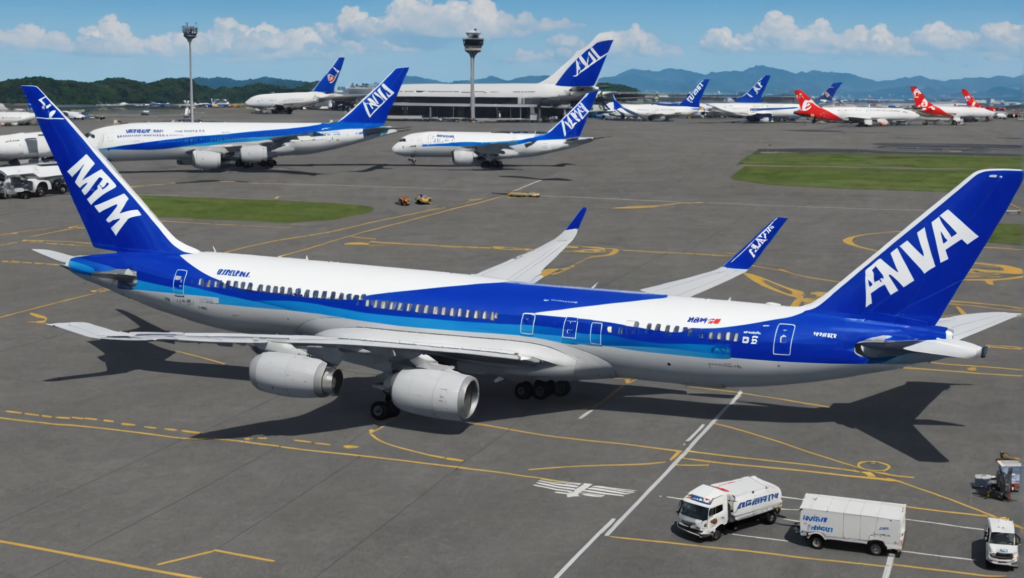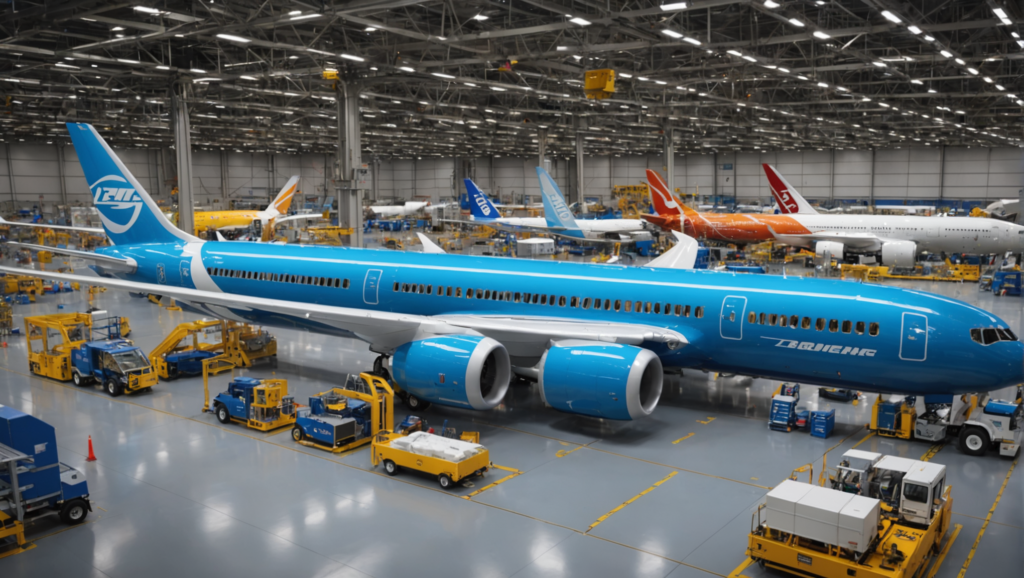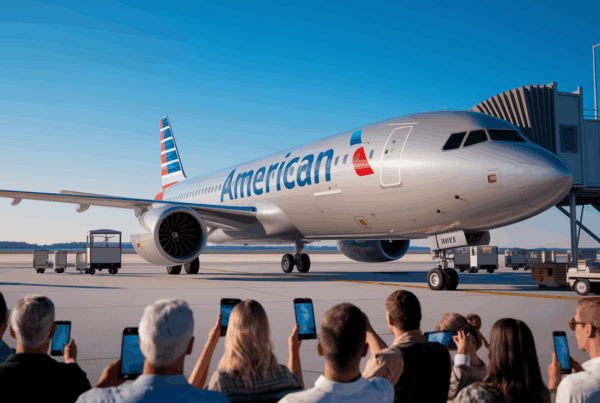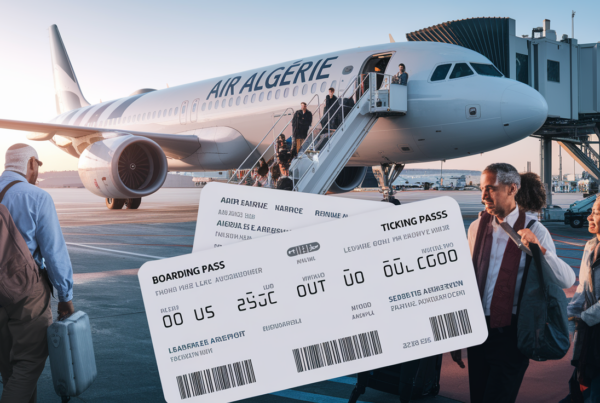In Germany unions the air transport industry are concerned about the challenges posed by competition airlines outside Europe, and by the increase in airport taxes. Since May 2024, airport taxes have risen from 12 to 15 euros per ticket for flights within Europe. This situation threatens competitiveness of the German airline industry. The introduction of a frequent flyer tax in Europe adds further pressure. These measures, combined with distortions of competition, are seen as major obstacles to the success of German airlines on the international market.
The German aerospace industry is at a crossroads of unique challenges. The unionsThese are the architects of employee demands, but they face a series of obstacles that disrupt their mission. These challenges include fierce competition from non-European airlines and rising airport taxes, two major threats facing the German airline industry.
International competition: a growing threat
In the globalized world of aviation, competition is no longer limited to national or even continental borders. The airlines outside Europe are benefiting from more favorable cost structures, enabling them to offer attractive fares on crucial routes. This puts increased pressure on European, and particularly German, airlines, which have to compete while meeting the European Union's stricter social standards. This situation is exacerbated by state subsidies or different working conditions in other parts of the world, accentuating the challenge for German unions to effectively defend the interests of their members.
Government intervention in this context is a delicate matter. It's not just a question of protect existing airlines but to ensure that the rules of the game are fair for all players in the sector. Trade unions play a crucial role here, advocating policies that support competitiveness without sacrificing workers' rights.
Airport taxes: an additional burden
The question of airport taxes further aggravates the already tense economic climate. Since the increase in May 2024, the tax has risen from 12 to 15 euros per ticket for an intra-European flight, and to 56 euros for longer-haul travel, adding a further financial burden for German-based airlines. This can potentially affect ticket sales, as passengers are often sensitive to additional charges, sometimes preferring international airlines offering lower fares thanks to more advantageous tax structures.
In this context, unions need to work hand-in-hand with companies and the government to ensure that new policies do not further strain an already fragile sector. The negotiations at companies like BoeingAlthough peripheral to the main subject, these issues illustrate the recurrent tensions shaking the airline industry in general. Rising taxes can also have an impact on the morale of employees, who see these parallel efforts as an unfair burden in their quest for improved working conditions.
Difficult terrain for union reform
Faced with these multi-dimensional challenges, Germany's trade unions must redouble their efforts to adapt. A model once praised for its efficiency, the German trade unionism is troubled by these external and internal pressures. The current situation calls for a transformation of social dialogue, where coordination and communication become essential to ensure that workers' voices can effectively influence policies implemented at national and European level.
Collaborative initiatives on a European scale, defense of a healthy and fair competitive environment, as well as advocacy for tax relief, are just some of the proposals emerging among the unions. The situation is complex, but calls for a sacred union between workers, unions and companies to preserve a competitive airline industry that is fair to all. Examples of tensions in other countries, such as the incidents at Tunisair or the strikes in Belgiumare constant reminders of the need to strike a balance between competitiveness and social rights.
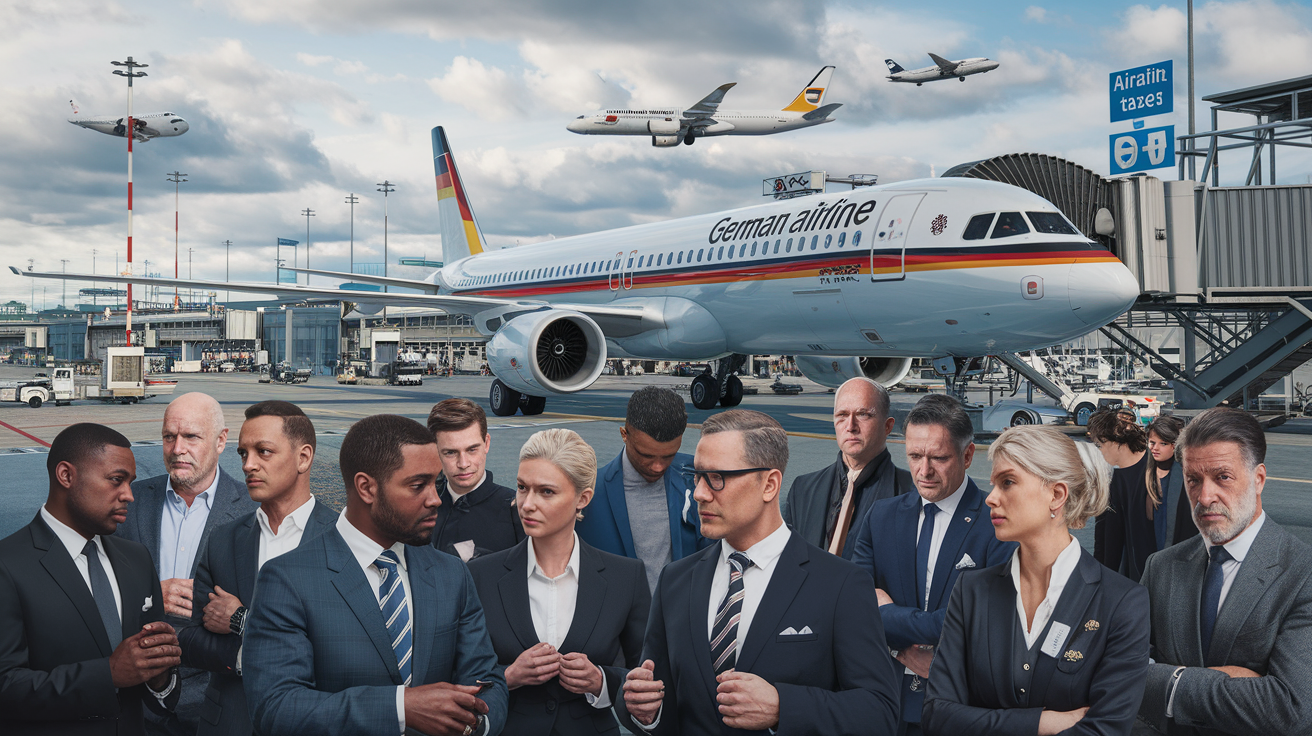
Trade unions in Germany: Aviation and its challenges |
|
| Competitive challenges | Non-European company threatens local market |
| Competitiveness | Compare with global practices |
| Airport taxes | Tax increase from 12 to 15 euros per ticket |
| Impact on employees | Growing concern among airline personnel |
| The role of governments | Balancing protection with competition |
| Public support | Aids in the face of international competition |
| Unions mobilization | Action to preserve jobs |
Trade unions in Germany: Aviation and its challenges
On the same theme
All Nippon Airways expands its international network to adapt to the tourism boom
All Nippon Airways, also known as ANA, recently announced the expansion of its international network to meet the growing demand from the global tourism boom. This development strategy is in line with...
Boeing is setting ambitious targets for future Dreamliner production. With a forecast of five units per month by the end of 2024, the American aerospace giant is aiming even higher, targeting a production rate of...
Agreement finalized: All Nippon Airways acquires Nippon Cargo Airlines
All Nippon Airways (ANA) Holdings has just completed the acquisition of Nippon Cargo Airlines (NCA), obtaining the green light from the Japan Fair Trade Commission (JFTC). This transaction will enable ANA to fully exploit the network potential of its new subsidiary,...

